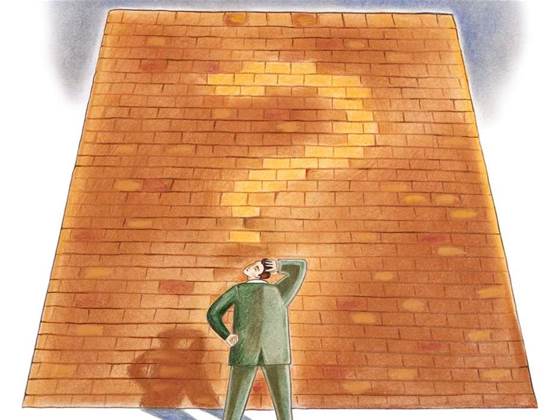The British Government has dumped plans for a controversial system that would block websites hosting content that allegedly infringed copyright without a court order.

Campaigners have welcomed the "common sense" shown by the Government to ditch the "unworkable" plan.
The announcement came after months of closed-door meetings and court hearings.
Business Secretary Vince Cable said the British Government accepted all ten recommendations from a report into intellectual property by Professor Ian Hargreaves.
"We've discovered that the drafting of the original laws, which took place a year or so ago, were not tight," Cable told the BBC.
He said the recent court order forcing BT to block a Usenet search engine helped change the Government's opinion.
"There are test cases being fought in the courts, so we're looking at other ways of achieving the same objective, the blocking objective to protect intellectual property in those cases, but in a way that's legally sound," he said.
The U-turn was largely seen as a win by campaign groups, but industry lobbyists said action still needed to be taken.
"Government has recognised that blocking such sites could help to reduce levels of infringement, but that there needs to be a more effective framework that enables speedier action than would be possible under the relevant DEA provisions," said Geoff Taylor, CEO of music industry lobby group the BPI.
"Government must now act urgently to put in place effective means to protect consumers, creators and jobs from the impact of illegal foreign sites."
Notifications
The British Government also revealed more detail about how a piracy notification system would work.
Under the system, letters would be sent to those identified via IP addresses as illegally downloading copyrighted material; if they persisted with file-sharing, their connection could be cut off.
Now, the Government has said appeals will cost £20 ($A30.54), largely to deter "vexatious appeals from people determined to disrupt the system". That fee will be refunded if the appeal is successful.
Ofcom expected the actual cost to Government would be £400 per appeal, and has warned that a campaign encouraging everyone who receives a letter to appeal could take down the appeals system.
After a judicial review ruling, the Department of Culture, Media and Sport said it would not be charging ISPs to set up the appeals process.

_(23).jpg&h=140&w=231&c=1&s=0)
_(20).jpg&h=140&w=231&c=1&s=0)
_(36).jpg&h=140&w=231&c=1&s=0)






 iTnews Executive Retreat - Security Leaders Edition
iTnews Executive Retreat - Security Leaders Edition
 iTnews Cloud Covered Breakfast Summit
iTnews Cloud Covered Breakfast Summit
 The 2026 iAwards
The 2026 iAwards











_(1).jpg&h=140&w=231&c=1&s=0)



